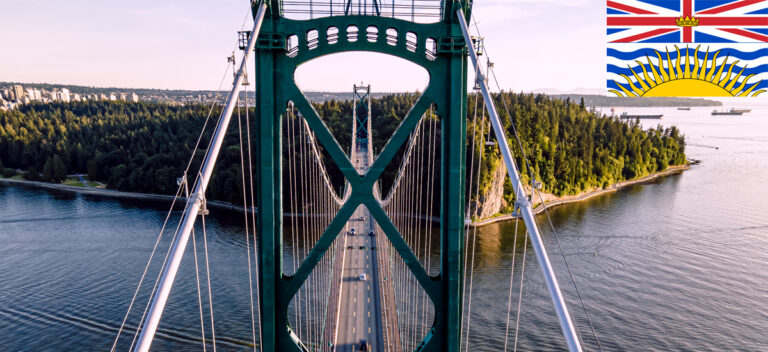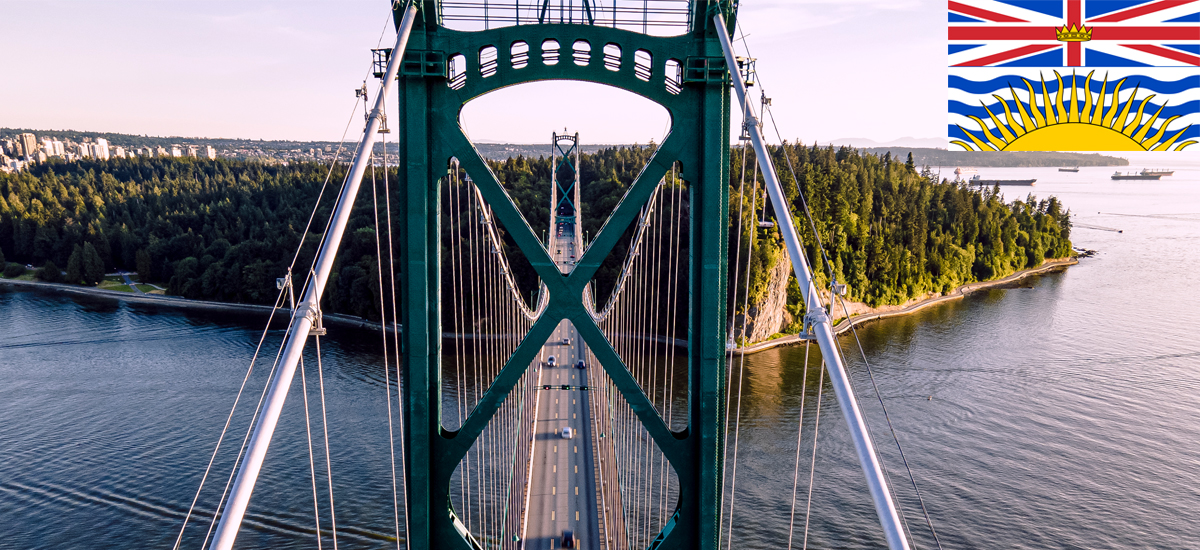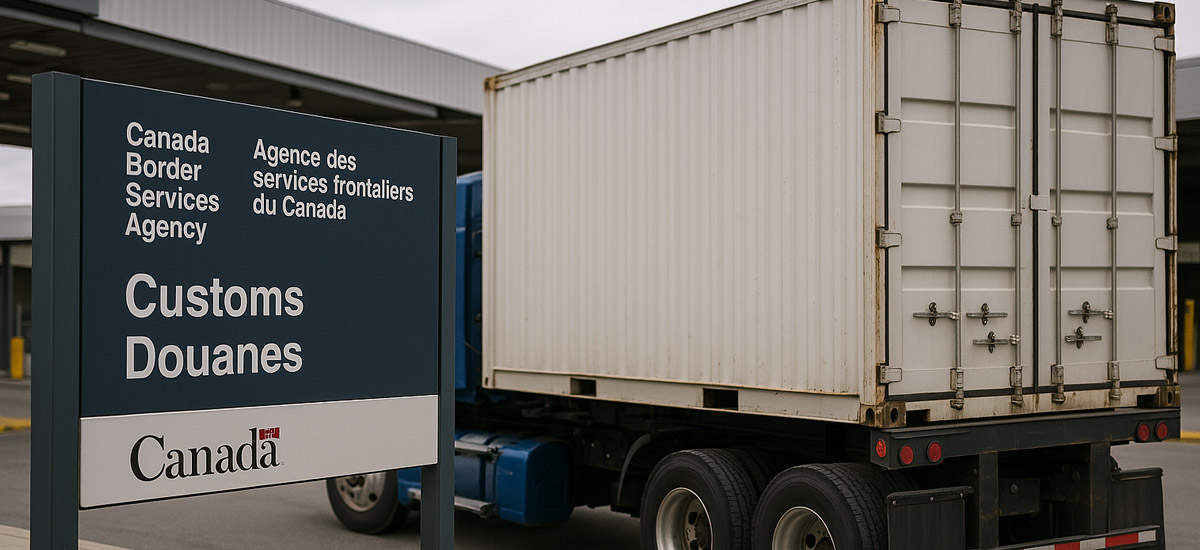Something that we’ll often get as a question from new clients is, what are the requirements for a surety bond in BC? Well, the answer will depending on what industry you’re operating in, what type of bond you need, as well as the value of the bond required.
The requirements can vary greatly depending on the factors mentioned above and the difficulty can range from being very simple and straight forward, to a complex deep-dive into corporate financial statements and ethical history.
Let’s dive into the different kinds of surety bonds available, what it takes to become bonded, and why you should do so.
Get in touch with a surety bond expert to guide you through the process of becoming bonded.
Different Types of Bonds Available in British Columbia
In British Columbia, bonds play a pivotal role in ensuring the integrity and accountability of businesses. They also simultaneously ensure financial protection for government entities, the general public’s contributions to infrastructure, and project owners. Here’s an expanded look at some common kinds of bonds:
Bond Facility & Contract Bond
- Bid Bonds: These are crucial during the bidding process of a project. When a company submits a bid, the bid bond ensures that the company will honor its bid if selected. It protects the project owner from contractors who might raise their prices after winning a bid.
- Consent of Surety: Commonly issued along side a bid bond, an agreement to bond or consent of surety is a formal commitment from a bonding company that if the Principal in question is awarded the contract they are tendering, the underwriter will issue the required ‘final bonds’.
- Performance Bonds: These are essential for project owners. They provide assurance that even if a contractor fails to complete a project or fails to meet the required standards, the project owner will not suffer financial losses. The surety company will either compensate the project owner or find another contractor to complete the job.
- Labour and Material Payment Bonds: Often issued consecutively with a performance bond and part of the often requested 50/50 bonds in Canada; L&M payment bonds financially protect the subcontractors and suppliers providing work or materials to the principal bonded contractor. Payment for their work or materials is covered should the primary contractor go bankrupt or default on payments owed to them.
- Maintenance Bonds: Not a frequent requirement in today’s market, the maintenance bond provides owners / obligees with the guarantee of the maintenance of a contract during it’s warranty period. The reason it is not a common request is due to the fact that standard CCDC bond wordings for performance bonds include a warranty period of 1 year already.
Commercial Surety Bonds
License & Permit Bonds: These bonds are mandatory for many businesses before they can obtain a license or permit. For instance, electricians and gas fitters need these bonds to ensure they adhere to safety standards and regulations. If they fail to do so, the bond compensates the harmed party.
- Customs Bonds: For businesses involved in international trade, customs bonds are indispensable. They ensure that all duties and taxes are paid to the government and that the business complies with all import and export regulations.
Developer/Subdivision Bonds: Real estate developers often require these bonds. They ensure that public spaces in a new subdivision, like parks or roads, are built to the municipality’s specifications.
Reclamation Bonds: These bonds are particularly important for industries that impact the environment, such as mining or forestry. They ensure that after an operation has concluded, the company will restore the land to its original state or as stipulated by regulatory bodies. This ensures that the environment is protected and any potential damages are mitigated.
Administration Bonds: Often required in legal scenarios, administration bonds guarantee the faithful performance of duties by administrators, executors, or trustees. For instance, if someone is appointed to manage the estate of a deceased person, this bond ensures they will manage and distribute the assets ethically and as per the law.

What Does It Take To Become Bonded in BC?
Small Commercial Bonds
The various bond types outlined above each have their own application process and requirements in order to get approved. License and permit bonds for example, frequently have very straight forward and quick approval processes.
We offer BC Electrical Contractor Bonds as well as Gas Contractor Bonds where you can be approved and have your bond issued by just a answering a few quick questions. These are typically in the amount of $10,000 which is relatively a very small bond value.
We offer a variety of surety bond products that are less than $100,000 as a bond penalty that can be underwritten and issued online via one of our portals. You’ll only need to confirm a few things about your business as in not currently being in litigation, not having declared bankruptcy recently, and some other minor inquiries. These kinds of bonds include:
- Bonded Highway Carrier
- Collection Bond
- Customs Bonded Warehouse
- Direct Sellers Bond
- Excise Bond
- Foreign Worker Recruitment Bond
- General Surety Bond (Alberta)
Larger Value Commercial & Contract Bonds
Obtaining a larger value bond or any type of contract bond in BC, and all of Canada for that matter, is not as simple as filling out an application.
The approval process is a comprehensive review of principals and their business to ensure only qualified businesses can become bonded. These are some of the aspects of an application to expect when applying for the majority of bonds:
- General Questionnaire: This is the first step where businesses provide details about their operations, share structure, history and past performance.
- Corporate Financial Statements: This is a foundational aspect of your bonding application and a necessity to have the past 2 year-end accountant prepared financial statements ready to share. If it has been 6 month or more since your last year-end, underwriters may also request interim financial statements including a balance sheet, income statement, aged receivables listing, aged payables listing, and work on hand report. If the business applying is a new operation, then providing an opening balance sheet may suffice.
- Personal Financial Statements: As a bolster to the corporate statements, a personal net worth statement for each shareholder of the applying business can assist in developing a case to get the bonds you need.
- Credit Check: Surety companies will sometimes conduct a credit check to gauge the financial stability of the business and its owners.
- Business History Review: The surety company will look into the company’s past, checking for any legal issues, unresolved disputes, or failed projects. Underwriters may check with references or ask for specific industry contacts to vouch for you or your business.

- Corporate Indemnity: This is an absolute necessity for any surety bond to be issued. It is a legally binding document that must be signed on behalf of the entity applying for bonds. It states that if an obligee calls upon a bond to be paid out, the principal business named on the bond must make whole the bonding company for any monetary loss.
- Personal Indemnity: Business owners are often asked to provide a personal indemnity, especially for smaller businesses or startups. This means that if the business fails to meet its obligations, the owners are personally liable.
- Collateral: In some cases, especially if the business is deemed a higher risk, collateral might be required to secure the bond. This can be provided by the company applying for the bond itself, or even another party that is interested in a successful bond issuance. It can be in the form of real estate, letter of credit, or cash.
- Bond Issuance: Once all checks are complete and the premium is paid, the bond can be issued. It’s essential to understand the terms of the bond and ensure compliance at all times as you and your business are still on the hook for the bonded amount. Think of the bond similar to a line of credit that allows you to take on work requiring surety bonds.
Why Should My Business Obtain a Surety Bond?
Surety Bonds are more than just regulatory requirements. They also offer benefits to you and your business. Here are some examples of these benefits:
Enhanced Reputation: In competitive industries, being bonded can set a business apart, showcasing its reliability and commitment to excellence.
Access to Bigger Projects: Especially in construction, many large projects require contractors to be bonded. Being bonded opens up more opportunities. Any civil work including infrastructure, roads, bridges, etc. will almost definitely be requiring bonds.
Free Up Capital: One of the significant advantages of being bonded is the ability to free up capital. Instead of tying up funds in Letters of Credit (LOCs) or other financial instruments, businesses can leverage bonds. This provides them with more liquidity and flexibility in their operations, allowing them to invest and grow their business more effectively.
Legal Protection: Bonds can also offer protection against legal disputes, ensuring that businesses have a safety net in case of unforeseen issues.

Examples of BC Surety Bond and How They Are Used
Civil Construction Project Owners Requesting a Consent of Surety
In Vancouver, the city council decided to tender the construction of a new library. As part of the tendering process, bidders were required to submit a bid bond along with their proposals. “WestBuild Constructions,” eager to secure the project, submitted their bid.
However, to ensure the city that they would provide performance and payment bonds if awarded the contract, they also included a “Consent of Surety” from their surety company. This document assured the city that WestBuild’s surety was ready and willing to issue the final bonds, reinforcing WestBuild’s commitment and reliability for the project’s successful completion.
RPP Bond as a Solution for a Canadian Importer
As part of the CBSA’s CARM initiative, Canadian businesses importing goods are often required to provide financial security for potential duties and taxes. “Maple Imports,” a prominent Canadian importer, sought an efficient solution. Instead of tying up capital, they opted for a “Release Prior to Payment Bond.”
This bond allowed them to receive their imported goods before making duty and tax payments. The bond assured CBSA that Maple Imports was committed to fulfilling their financial obligations promptly. By leveraging this bond, Maple Imports streamlined their import process, ensuring timely deliveries without immediate financial burdens.
Frequently Asked Questions about Bonding Requirements in BC
Q: How often do I need to renew my bond?
A: Most commercial bonds have an annual renewal. However, some commercial bonds can have a 2-5 year duration for validity. Contract bonds on the other hand are typically project-specific, and are in place for the duration of said project.
___
Q: What happens if a claim is made against my bond?
A: If a valid claim is made, the surety company will pay the claimant. However, the business will then need to reimburse the surety company.
___
Q: Can I cancel my bond?
A: Some bonds can be canceled some cannot. It’s essential to check the terms of each specific bond and which party can initiate a cancellation. There may be penalties or other implications for cancellations as well.
___
Q: How is the bond amount determined?
A: The bond amount is typically based on the contract value for contract bonds. For commercial bonds, it’s often set by regulatory bodies or based on a revenue number for your business.
Shedding Light on Requirements for a Surety Bond in BC
Understanding the intricacies of surety bonds in BC is vital for businesses. Whether you’re a contractor bidding on a major project or a retailer looking to import goods, bonds provide a safety net, ensuring trust, reliability, and compliance. In BC’s dynamic business landscape, being bonded is not just a requirement but a mark of excellence and trustworthiness.
We hope that this article has given you a good indication on the question, ‘what are the requirements for a surety bond in BC?’.
If at any time you have any questions or would like to speak with a surety bond expert to take next steps in obtaining the bond you need, don’t hesitate to get in touch or book a consultation through the button below.






